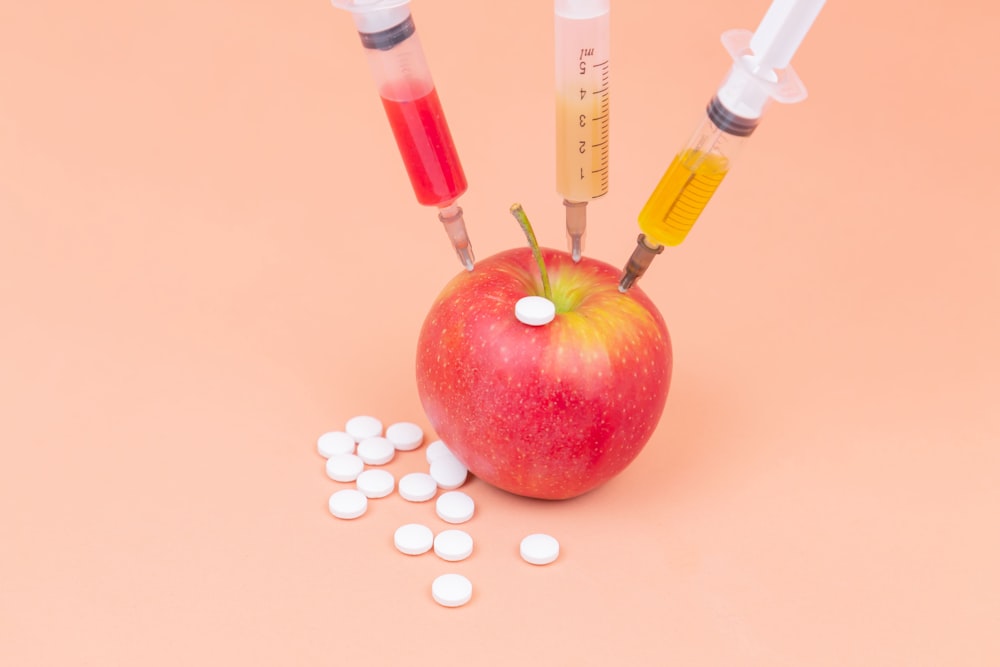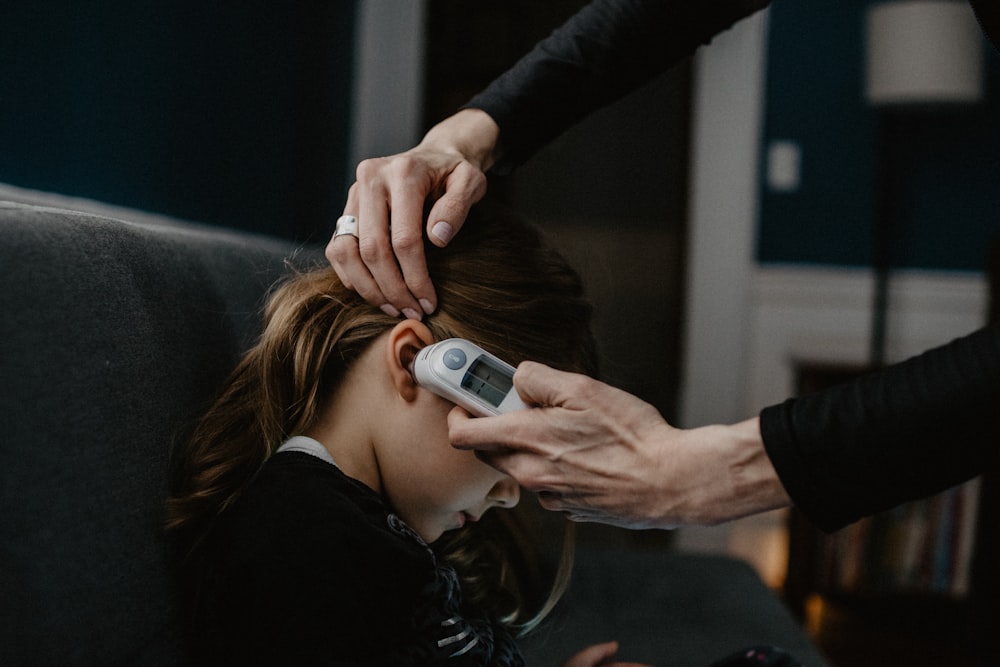A food allergy is defined as our body’s aberrant reaction to a certain food. To keep children safe, parents must understand which foods cause allergies in them. The issue is that we won’t know if we have food allergies unless we try it. When a food allergy develops, it signifies that the same food was consumed a second time, resulting in the development of a food allergy.
Allergy-inducing foods include the following:
If our bodies perceive the meal to be hazardous, the following food products may produce an allergic reaction. To safeguard our bodies, it will begin generating antibodies.
Nuts such as peanuts and tree nuts such as walnuts, almonds, cashew, pistachios are the most common types.After eating nuts, most children experience allergic reactions.
Some are sensitive towards milk, such as cow milk, soy milk, or milk products.
Children might be allergic to foods like fish, eggs, wheat, and so on.
Recognise the signs and symptoms of an allergic reaction
After eating an allergen-causing food, children can develop symptoms within an hour or two. A respiratory difficulty, a heart or skin condition, or an intestinal infection are all possibilities.
Other signs and symptoms are:
Cough, congestion, and a runny nose are all symptoms of allergies.
Diarrhoea
Itching
Dizziness
Vomiting
Bulbs on the skin that are red and irritating.
Rashes
Wheezing
Face or lip swelling
Respiratory difficulty
indigestion
Strange odour
When should you seek professional assistance?
Some youngsters may experience breathing difficulties or swallowing difficulties. In these situations, medical assistance must be sought without delay.
Anaphylaxis is a life-threatening reaction to some foods.
Chest pain, bewilderment, unconsciousness, blueness, and a weak pulse are some of the symptoms. If you see any of these symptoms, you should seek medical attention right away.
How can you assist in the treatment of allergy symptoms?
Allergies are not curable, however they can be avoided by completely avoiding the allergy-causing food. It is important to see an allergist if your child develops allergic symptoms. An allergist can accurately detect and treat allergy symptoms.







